Department of Health and Environmental Sciences
Research strategy
The Department of Health and Environmental Sciences aims to enhance its profile locally and globally as a leading research-intensive department that advances knowledge and produces high-quality graduates to meet the challenges environmental changes in China. We aim to gain recognition as a leading research provider in Jiangsu Province and beyond.
Research within the Department is primarily devoted to questions of fundamental importance, but also includes applied research relevant locally, nationally, and internationally. Our research is interdisciplinary in nature, and we aim to embrace disciplines outside the department and combine expertise from other complementary departments. We play a key role in contributing to the overall research strategy of XJTLU. As opportunities arise both within and outside of XJTLU, we would anticipate contributing to other themes. To achieve our aims, we will:
- Draw on the interdisciplinary nature environmental sciences to carry out fundamental and applied research in areas of established strengths. We will also seek out emerging opportunities, both internally and externally
- Attract and retain world-class academic staff to engage in cutting-edge research activity. Staff recruitment will be primarily driven by our research agenda. We also aim to recruit high-quality undergraduate and postgraduate students
- Secure local, national and international funding to carry out fundamental and applied research
- Provide the infrastructure and services essential to support the training of undergraduate and graduate students and to conduct leading-edge research
- Engage with academic and industrial partners within and outside of XJTLU to promote and support interdisciplinary research, research networking and research collaborations
- Promote our research locally, nationally and internationally through publications in high-impact journals and presentations at strategic internationally recognised conferences.
Current strengths and emerging research opportunities
In the field of Health and Environmental Sciences, international academic staff are actively engaged in world-class research in diverse areas including:
- Urbanisation and healthy cities
- Landscape ecology
- Ecosystem services
- Environmental chemistry
- Environmental biology
- Environmental remediation
- Biogeochemistry
- Climate change
- Sustainable energy research
- Fresh water ecology
- Soil ecology
- GIS and remote sensing
- Water quality
- Sediment dynamics
- Global change ecology
The Department works collaboratively with other departments at XJTLU, as well as local and regional organisations in China, external organisations and international universities such as the University of Oxford, University College London, and the University of Liverpool.
We are committed to maintaining our core research focus on contemporary environmental issues in China, but will be flexible and open to opportunities that may arise locally, nationally or internationally.
Industry, business and community
Given the multidisciplinary nature of health and environmental science, partnerships are essential to increase the effectiveness of our research. Faculty and staff have links with local government agencies, research institutes and universities.
The Department collaborates with other departments within the University, as well as with local industry and agencies in Suzhou, Shanghai and within China. We also collaborate with international and global organisations. These collaborative agreements benefit students by providing internship and other opportunities.
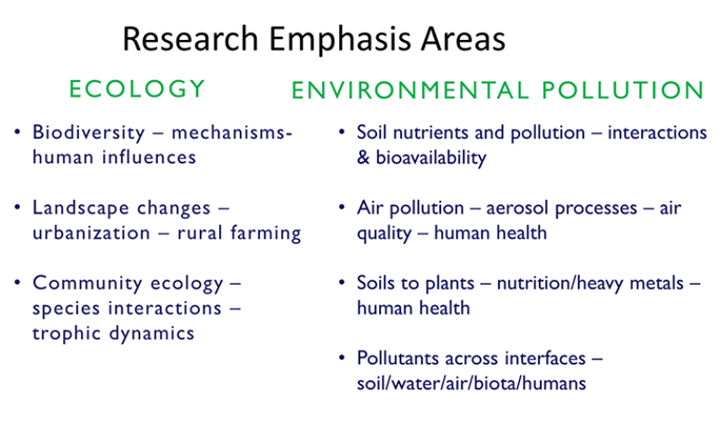
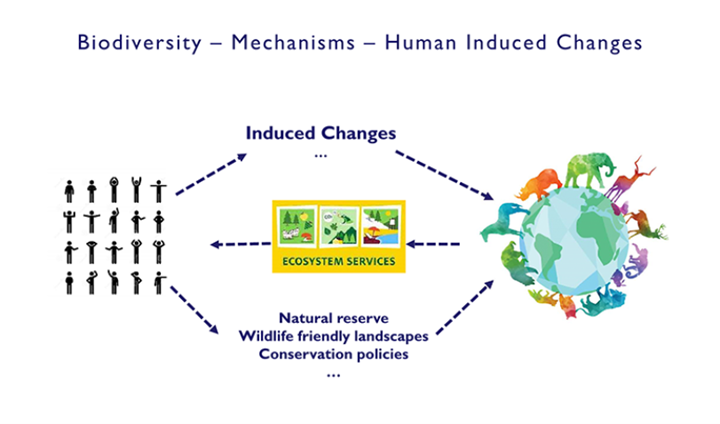
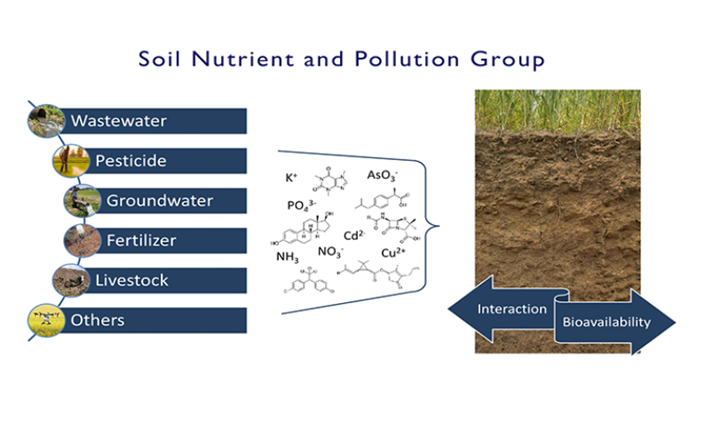
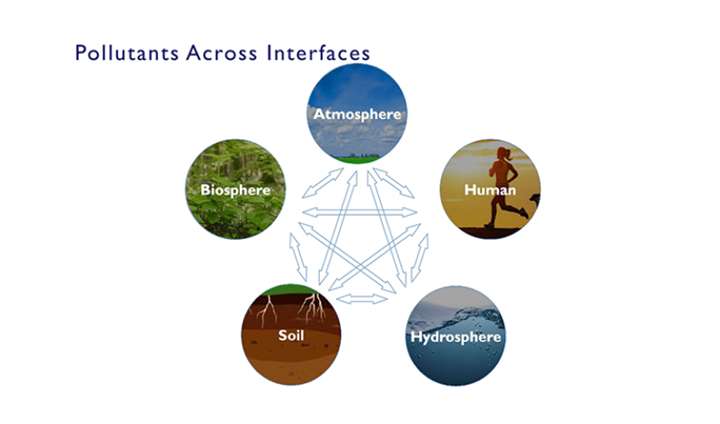
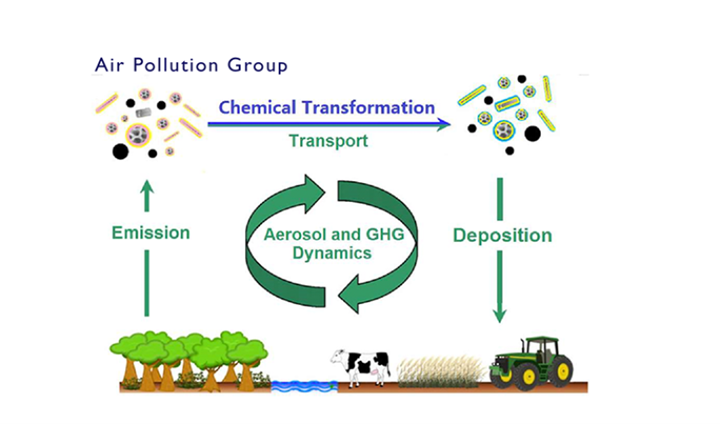
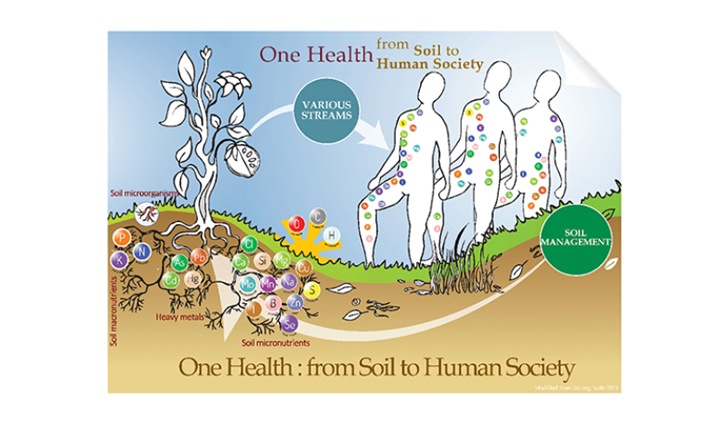
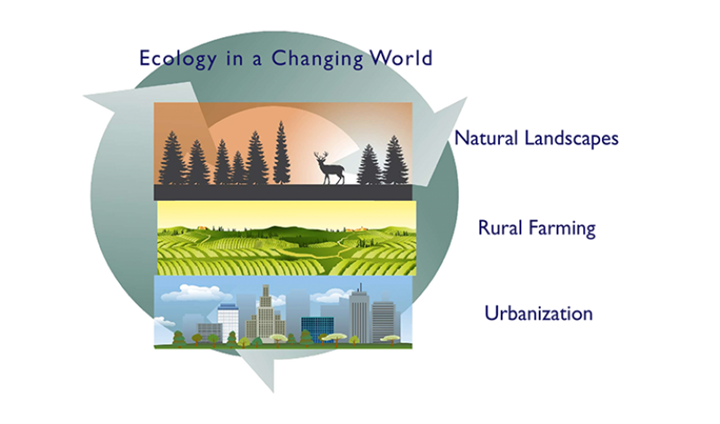
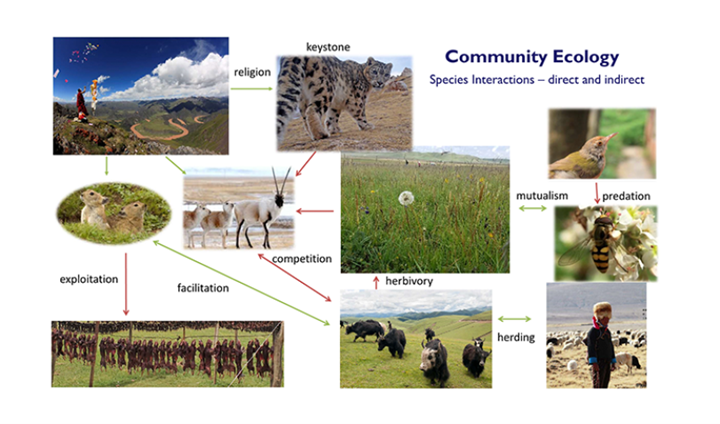






Introduction
The Department of Health and Environmental Sciences combines distinctive disciplinary approaches to understand and solve some of the most critical challenges faced by society today.
In our programmes, we provide our students with the theoretical and practical foundations needed for a successful career working to improve the environment and well-being of populations. Our students gain a strong grounding in natural and social sciences in order to develop a holistic view of the complex processes contributing local and global environmental issues.
Our research is brought directly into the classroom, providing a learning and teaching experience that combines theory with the most current knowledge in public health and environmental science.